When it comes to selling a car, or buying a new one, there’s a lot to consider, from price to petrol type, but the engine that goes into your car may be an important factor for selling your car for the best price.
What engine size is my car?
It can be surprisingly hard to find out precisely what engine your car has, as in a lot of cases, the markings on your car will only tell you an approximation. You should find more specific information about your car engine in your owner’s manual, or you can call the manufacturer with your VIN (Vehicle Identification Number) and they will be able to give you more exact information about your engine.
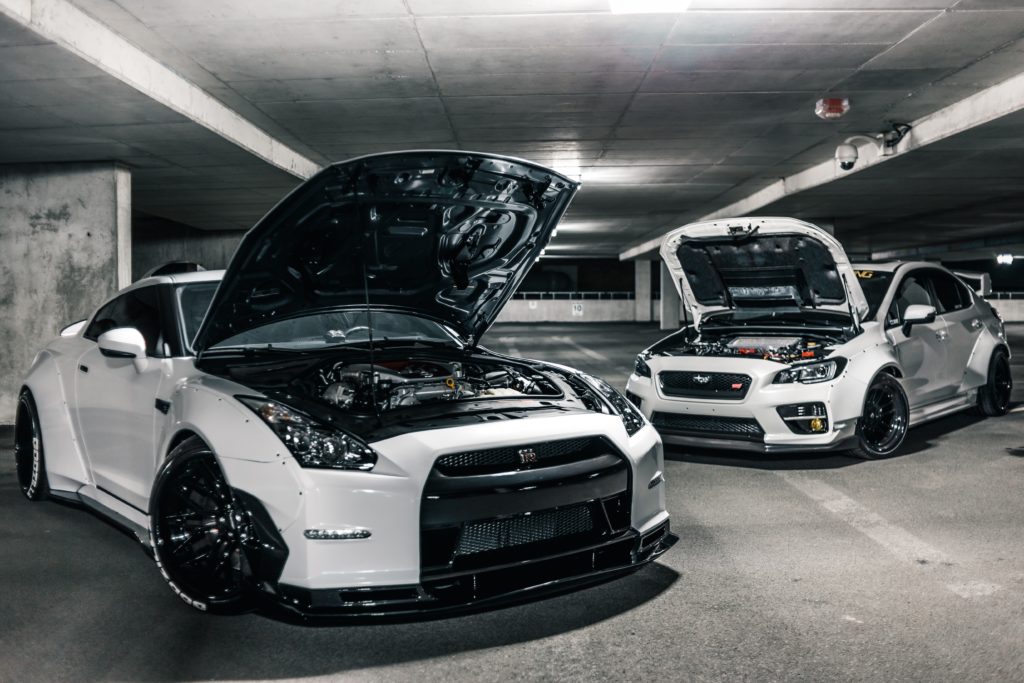
Where & how to find the engine size on a car
Finding details about your car engine on the vehicle itself can be tricky. In some cases, it may be printed onto a sticker placed on the underside of your vehicle’s hood. In others, it may be in the owner’s manual.
For a more complete and reliable way to find out all manner of details about your car, use the DVLA’s online form. You can also contact them by phone to confirm information about your vehicle, including:
- Road tax
- SORN status
- MOT expiration dates
- First registration dates
- V5C issue dates
- Year of manufacture
- Engine size
- Emissions and if it complies to EU standards
- Weight

Car engine sizes
Car sizes can be measured in two ways, either with cubic centimetres (cc) or fuel capacity, here’s how they convert:
| Cubic centimetres | Litres |
| 1.0 | 1,000 |
| 1.5 | 1,500 |
| 1.6 | 1,606 |
| 1.7 | 1,721 |
| 1.8 | 1,836 |
| 2.0 | 1,983 |
| 2.1 | 2,000 |
| 2.2 | 2,196 |
| 2.3 | 2,213 |
Diesel cars won’t use engines that have a capacity of less than 1 litre — 1.6 options are the common choice. These capacities can generally be broken down into ‘small’, ‘medium’, and ‘turbocharged’:
Small engines
Small engines tend to be between 1-2 litres, a Smart car engine size, for example, would fit this category. Smaller engines are generally considered more economical, as they need less fuel to run. That said, if a small engine was used to more demanding drives, then this could easily lead to engine trouble, as it would need to work extra hard.

Large engines
Any engine above 2 litres can generally be considered a large engine. While large engines are more powerful than their smaller counterparts, they are also less effective when it comes to fuel economy.
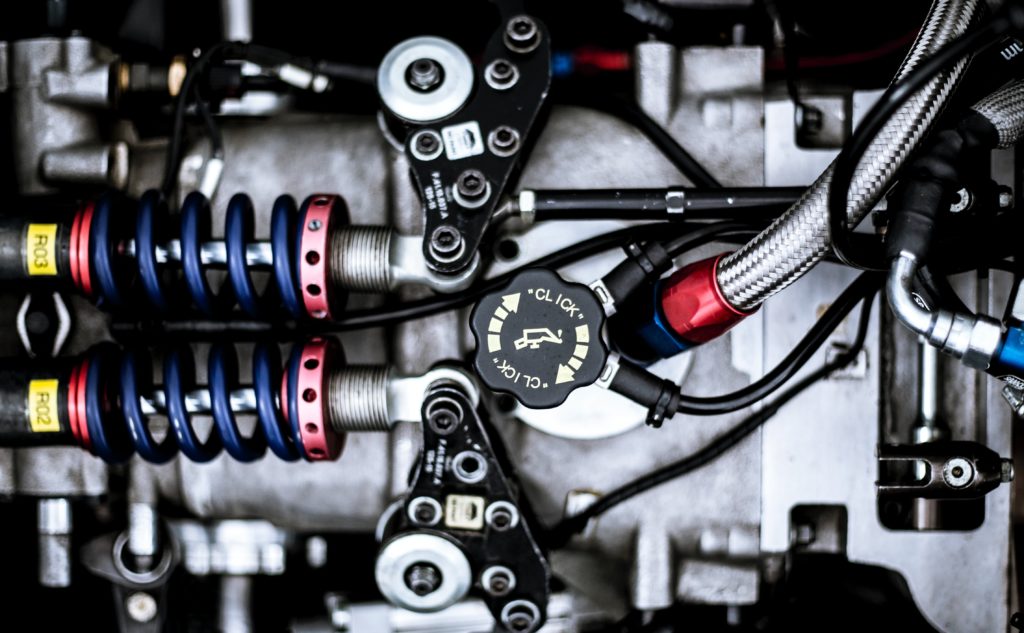
Turbocharged engines
Turbocharged engines are defined by their power rather than their size. A turbocharged engine can perform as well as a larger engine, despite its compact size.
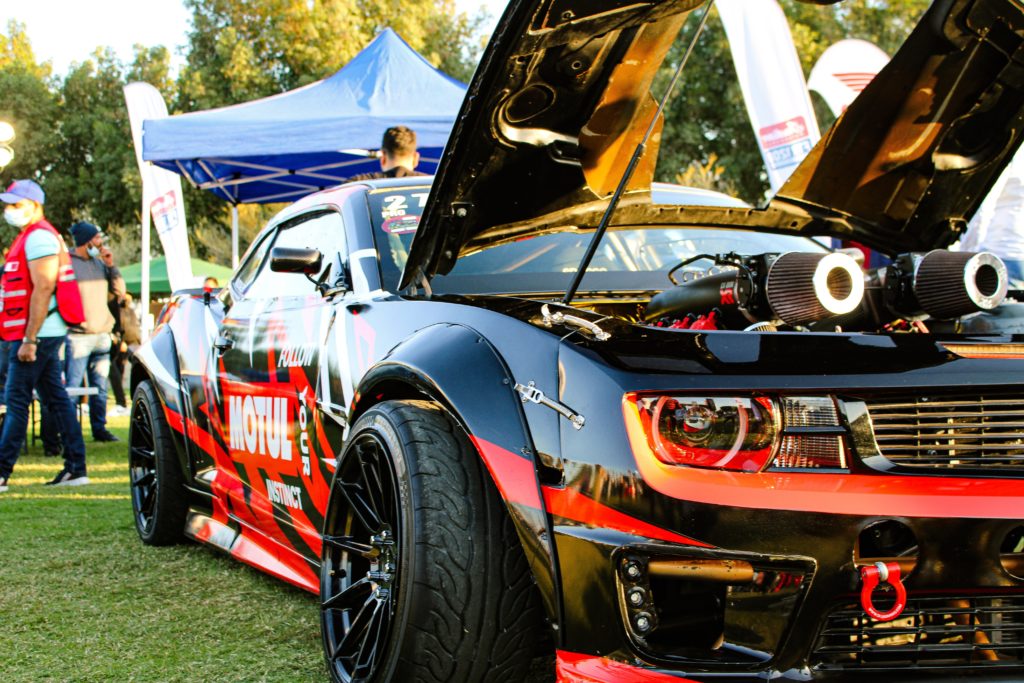
For a better comparison of engine types and power, here are the engine sizes for a few well-known vehicles:
Smart car engine size
A smart car’s engine size is about 1.0 litres. Unsurprisingly, this is very much on the small side, as Smart cars are intended to be city cars meant for zipping from A to B rather than lengthy road trips.
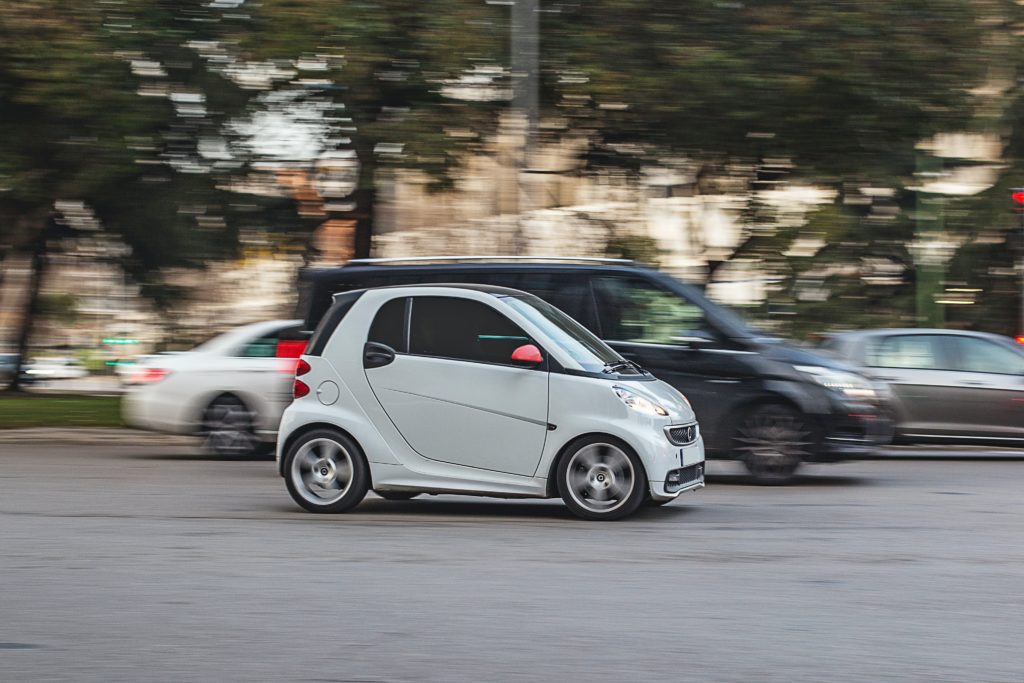
F1 car engine size
In cars where power and speed really matter, an engine needs to be able to keep up. Most F1 cars will have an engine size of around 1.6, which may not seem that large, but they are also turbocharged. Remember that a streamlined shape is essential for these racing cars. That means that particularly bulky or large engines are a no-go.

Club car golf cart engine size
It may not be a road-going vehicle, but even a golf car still needs an engine. As a small and not particularly fast-moving vehicle, a golf cart engine rarely exceeds 1 litre.

First car engine size
When searching for a first car, you should carefully consider engine size. If you’re a relatively new driver, then you’ll want to try and keep insurance down given how much new drivers are usually charged. In order to do that, a smaller engine is the way to go. This should ideally be under 2 litres.
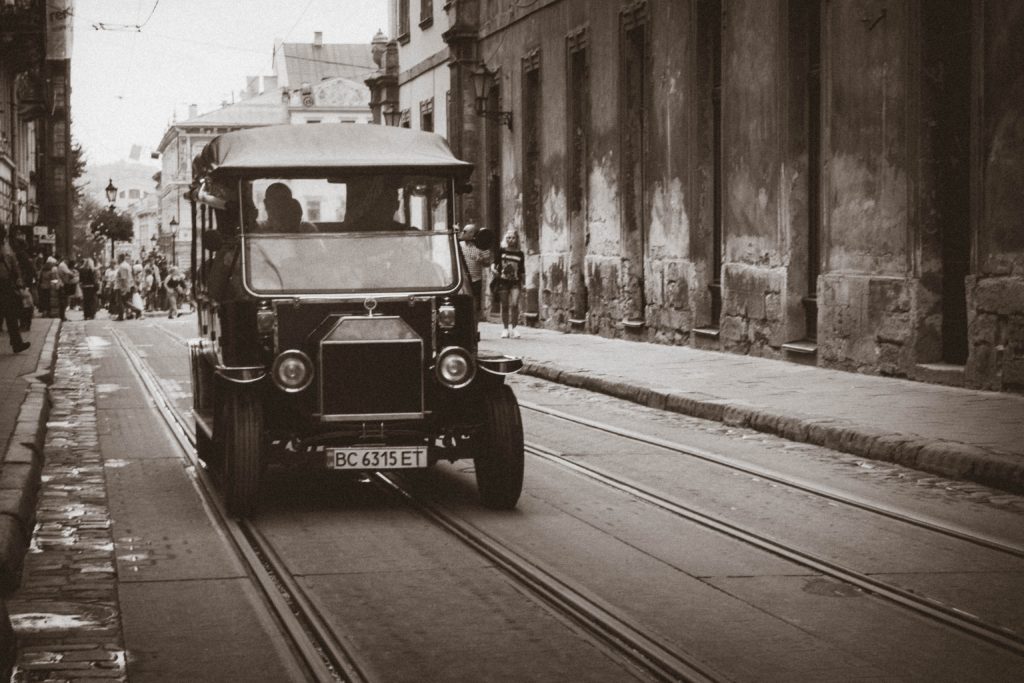
Average car engine size
In 2018, the UK’s average engine size was 1,610cc, which would be approximately 1.6 litres. This aligns with the fact that the UK’s most popular cars are consistently more economical, compact cars like the Ford Fiesta or Volkswagen Golf.

Car tax engine size rates
Car tax on any car registered after March 2001 will be based on CO2 emissions. For those registered before this date, it will be based on engine size, though this is based on only two categories:
- Under 1549cc = £145 a year
- Over 1549cc = £235 a year

Need to sell your car?
Want to learn more about owning, maintaining, and selling your car? Check out more of our guides here, covering everything from Clean Air Zones to car tax, and plate changes to part exchange.
- Car remapping – the ultimate guide
- Selling a modified car
- What documents do I need to sell a car?
- Service history — the ultimate guide
- The ultimate MOT guide
- The ultimate guide to Cat N cars
- How to buy or sell a private number plate
- Car depreciation — the ultimate guide
- LPG cars — the ultimate guide
- Car trade in value – get your highest offer

